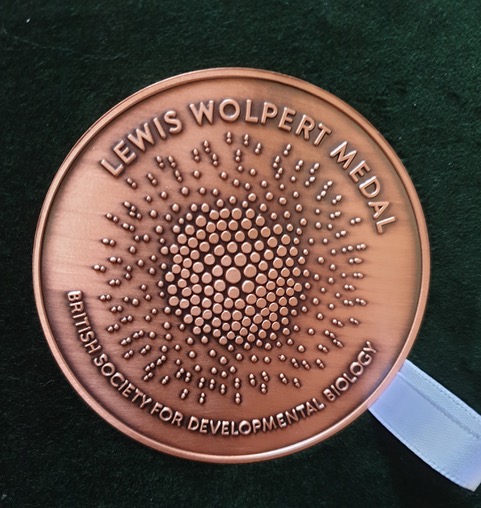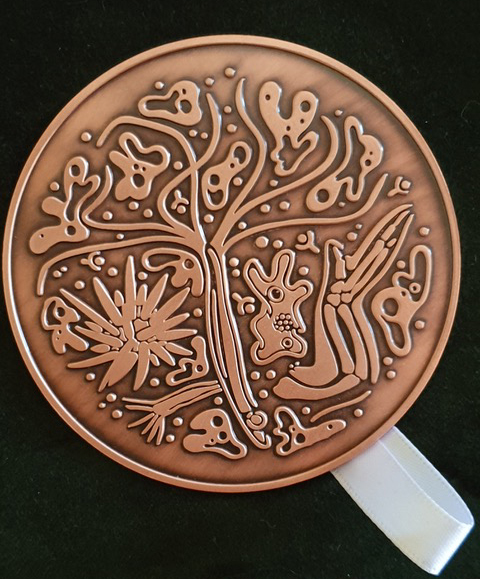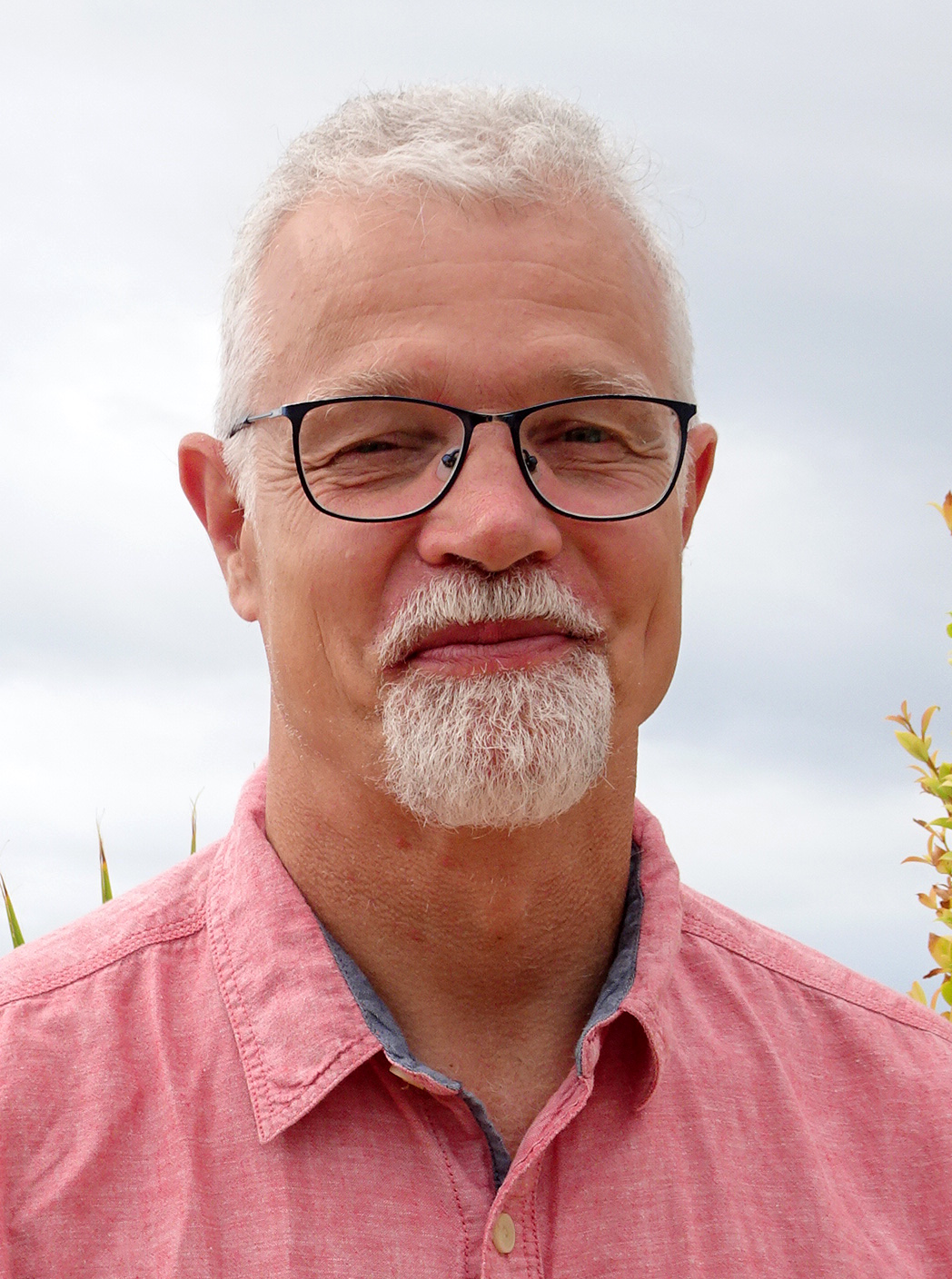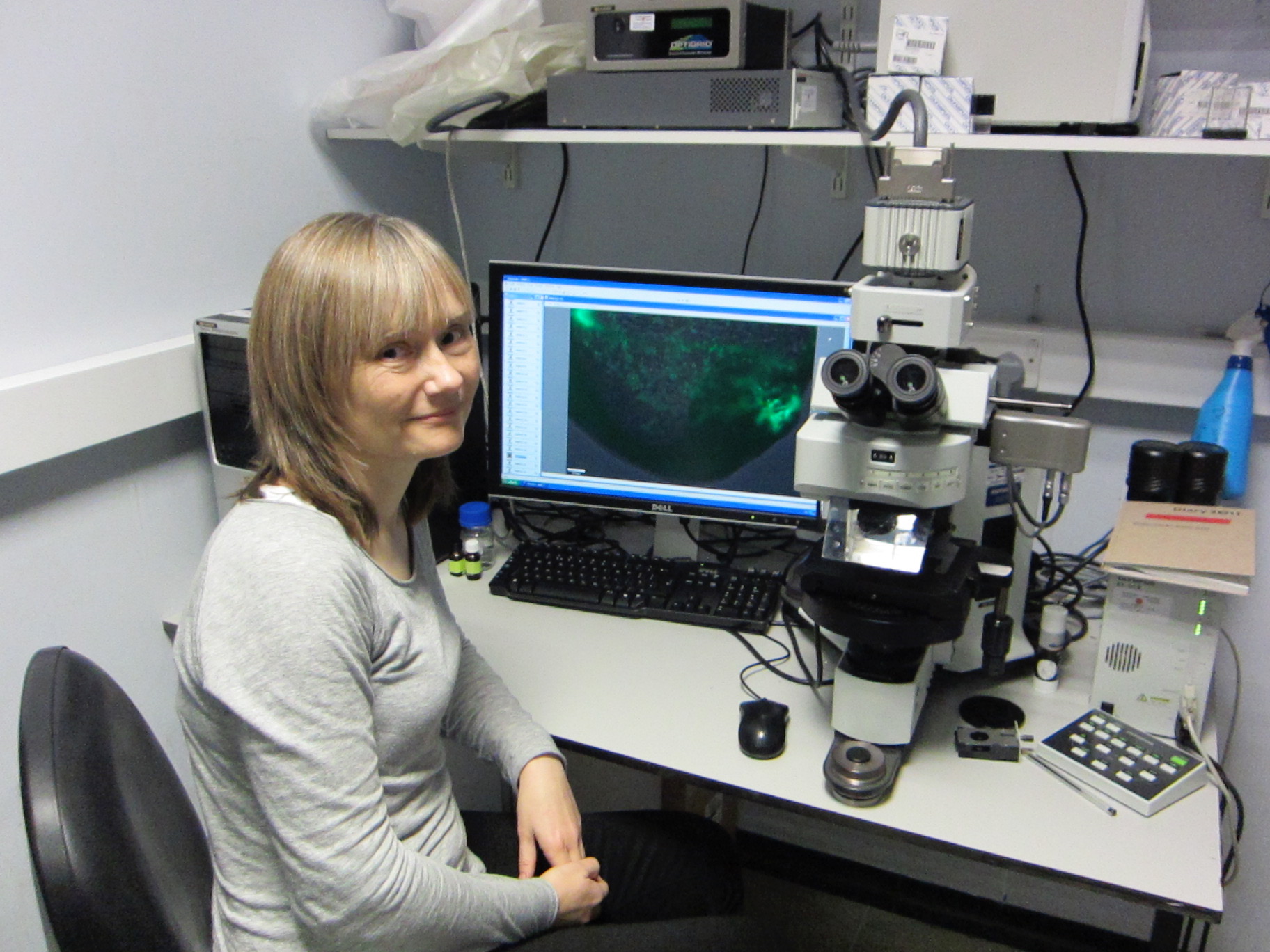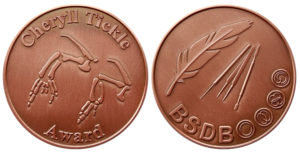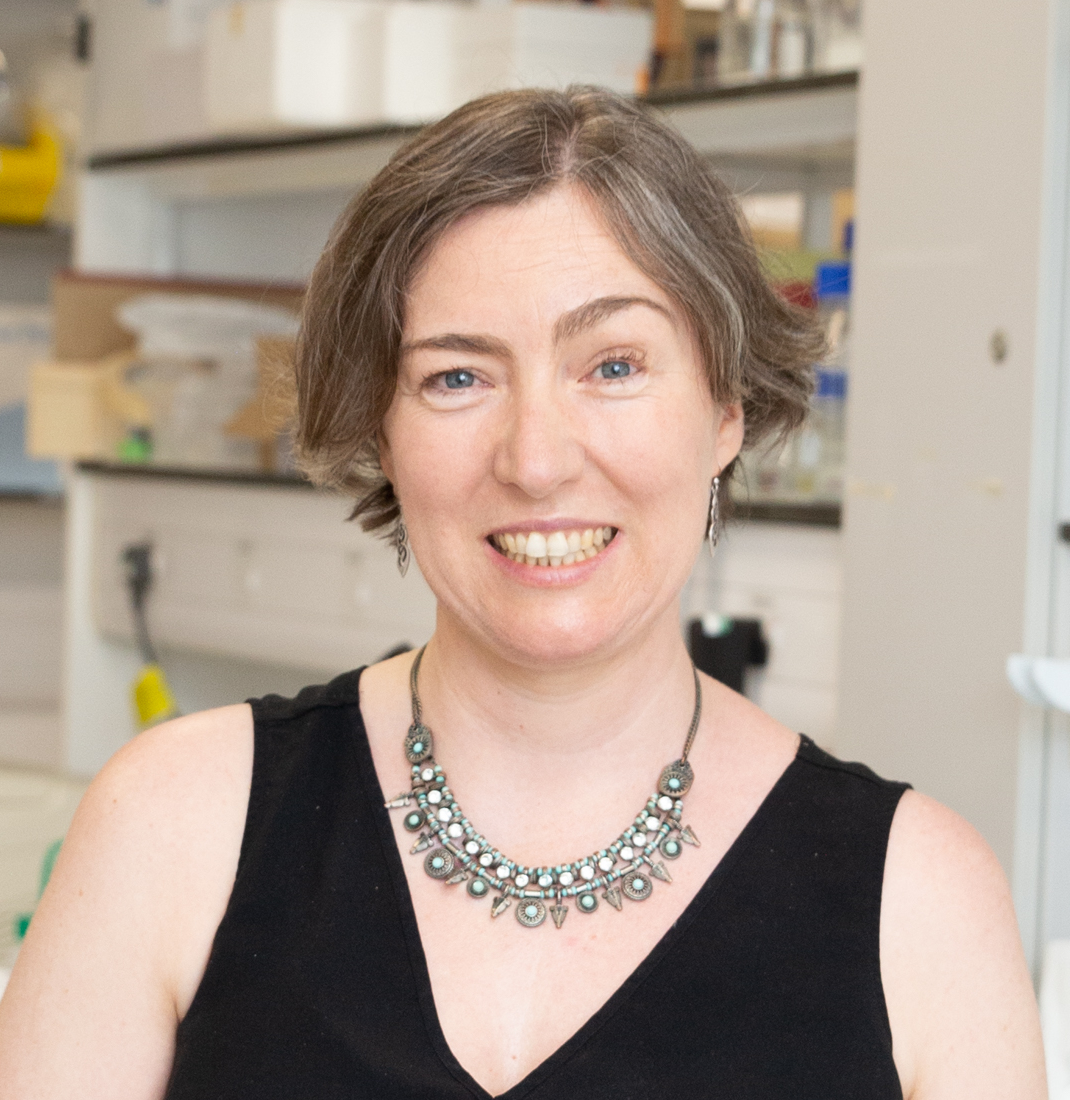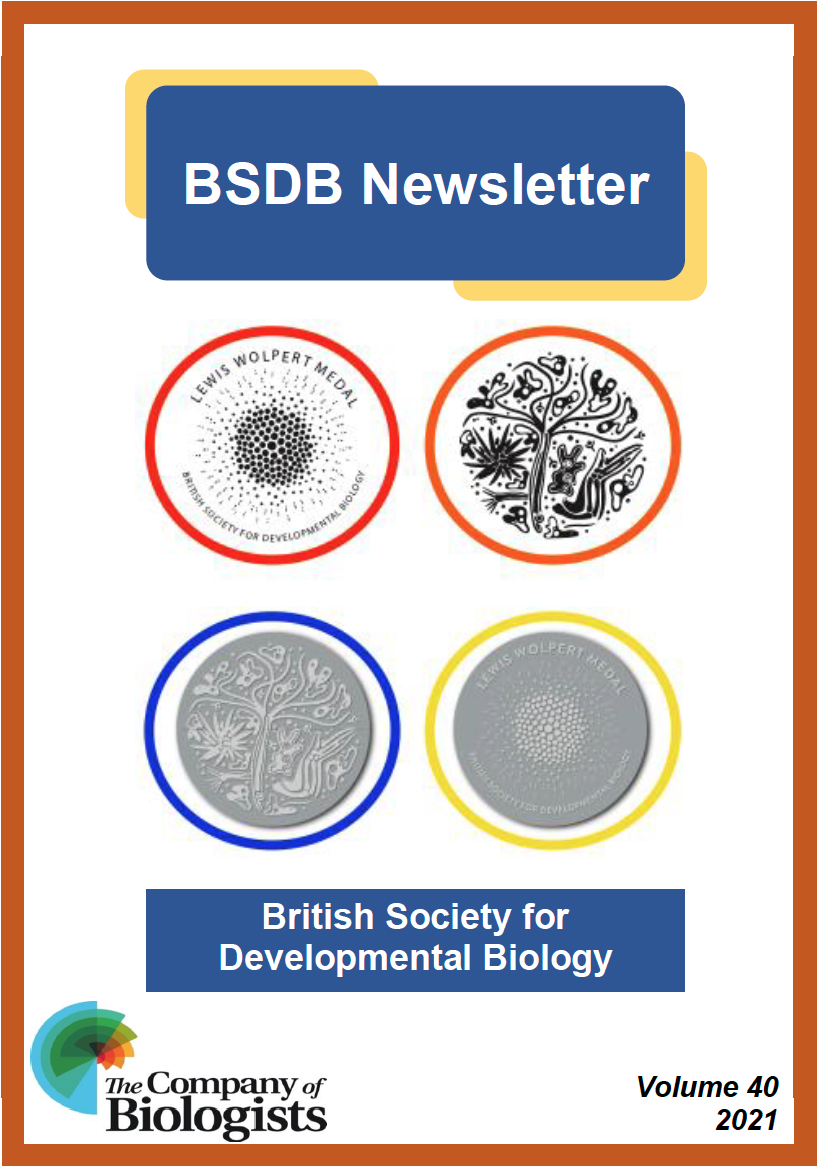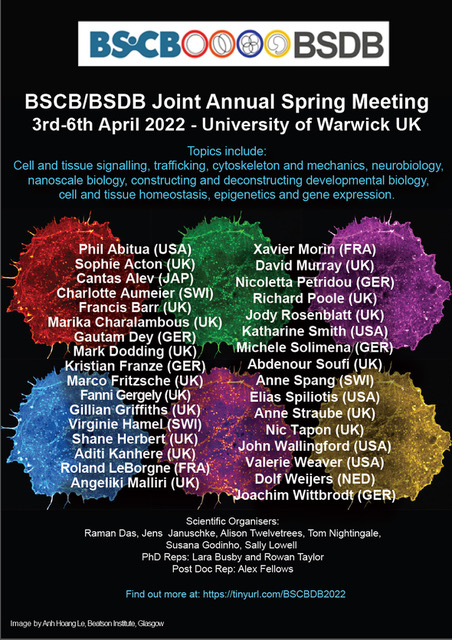Following last year’s sad passing of one of the greats of Developmental Biology, Lewis Wolpert, the BSDB committee has decided to launch a new annual medal in his honour. Lewis was well known for his ability to distil our subject’s most engaging and fundamental problems into concise and well-grounded core concepts of Biology. This led to vastly important contributions to research in our field, but also to the communication of its problems to a broader audience. Through teaching, popular science writing and acting as a spokesperson for Science as a whole, Lewis inspired many of us into the deeper study of Developmental Biology. Therefore, our annual ‘Wolpert medal’ will be presented to an individual who has made extraordinary contributions to the teaching and communication of Developmental Biology.
We are very happy to announce that the second winner of the BSDB Wolpert medal will be Prof. Andreas Prokop from the University of Manchester.
Andreas has done a huge amount of highly valuable work in the teaching and advocation of developmental biology. Andreas has established the Manchester Fly Facility as a major hub for teaching, training, and outreach activities for the fly community. Their training package has been downloaded over 30,000 times and provides a complete training to get people started in using Drosophila as a powerful research model. At least one of these downloads can be attributed to our current BSDB chair, who can testify to its usefulness!
The droso4schools online resource provides an exemplar for the developmental biology community on how to provide easy access to resources that can be directly provided to schools in the communication of science. In multiple languages, it provides lesson plans that together teach curriculum-relevant fundamentals of developmental biology and genetics in fun and enticing ways whilst introducing GCSE/A-level students to the use of Drosophila. The list of almost 80 schools that the programme has collaborated with and testimony from teachers on six continents is a clear demonstration to its success and longevity.
For those looking to engage the public with fly research beyond engaging with schools is the droso4public resource, providing a huge collection of movies, animations and guidance on how to develop one’s own engagement activity. Andreas has written extensively on this topic and provides in depth and thoughtful advice and strategies on how to engage effectively with the public about our research (Patel and Prokop; 2015, 2017). Another example is the edition of a special issue in Sem Cell Dev Biol entitled “Science communication in the field of fundamental biomedical research” which had over 50,000 downloads in the first 30 months after publication. Andrea’s personal contributions to public engagement are numerous, but one event stands out in particular due to its scale and reach. Housed in the Town Hall of central Manchester, the Brain Box event had over 5400 visitors on one day involving all three Manchester Unis, the city council, NHS, museums, charities and artists. It enabled visitors to explore what we know of the mysteries of the human brain through a series of interconnected experiences, and alongside an exciting talks and performances.
During his time as Communications Officer for the BSDB, Andreas made major contributions to the ways that we as a society communicate and advocate for our science. The advocacy page of our website provides valuable pointers on how to communicate the impact and reach of developmental biology research to a non-expert audience. Importantly, this page holds a complete list of worldwide developmental biology communities and networks that help to broaden our society’s reach. Information and guidance on public engagement activities are also detailed on the outreach page and provide a valuable resource for all of us.
A major achievement for Andreas during his tenure as communications officer was to track down the BSDB archive and make it available online. This reaches back to the foundations of the society over 70 years ago. Read more about the history of the BSDB, and the tomb-cracking moment of when Andreas discovered the archive in the lab of Michael Taylor (Secretary 2008-13) in Cardiff in this blog.
Thank you, Andreas, for all your work in driving advocacy for developmental biology and providing such concrete and helpful resources in its teaching and outreach. It is an honour for the BSDB to be able to award you the second Wolpert medal, in 2022.
Selected papers:
Patel, S., Prokop, A. (2015). How to develop objective-driven comprehensive science outreach initiatives aiming at multiple audiences. bioRxiv 10.1101/023838
Patel, S., Prokop, A. (2017). The Manchester Fly Facility: Implementing an objective-driven long-term science communication initiative. Semin Cell Dev Biol, Volume 70, October 2017, Pages 38-48

